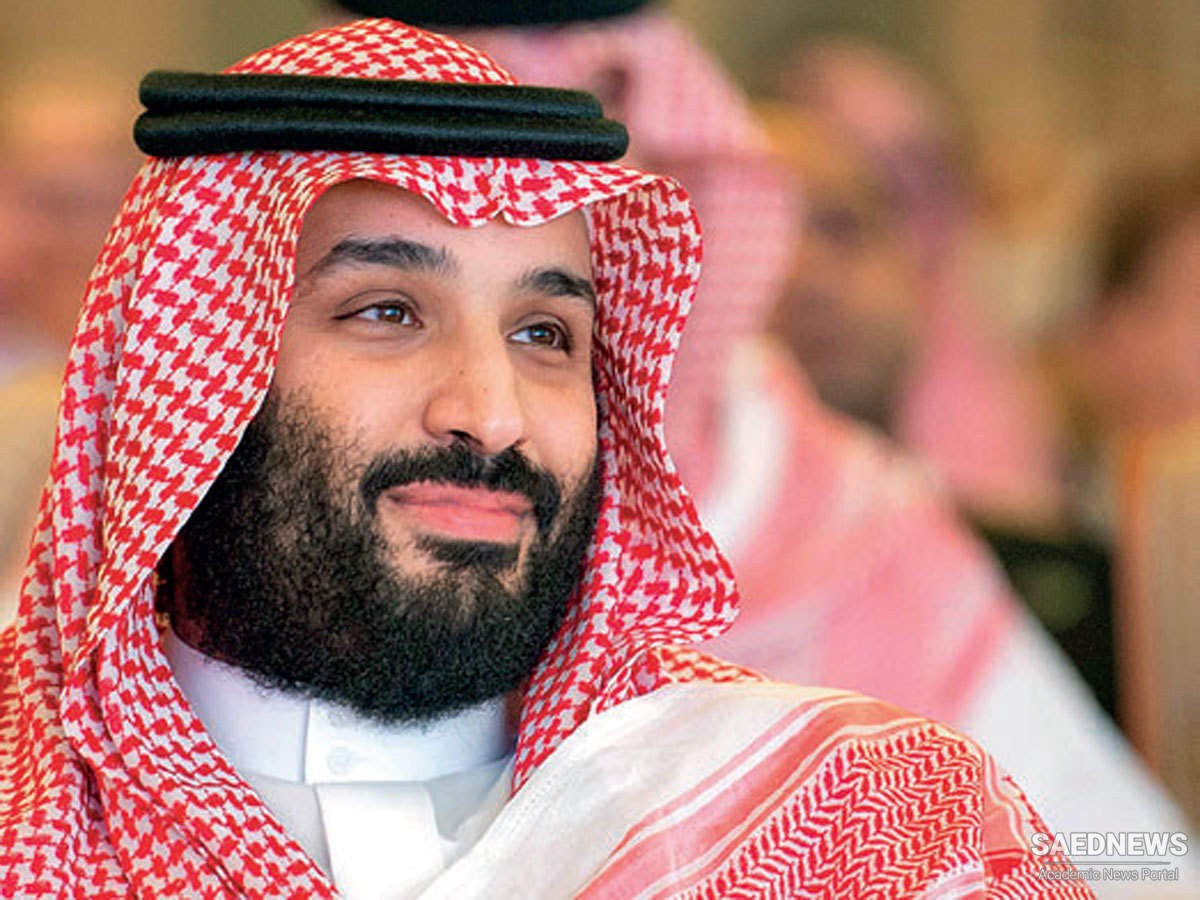Duha, SAEDNEWS, Nov. 22: A G20 gathering is usually a chance for the host nation to promote itself in the best possible light. But the leaders’ summit taking place this weekend is happening under the pall of a pandemic. Due to COVID-19, the summit will be held virtually, depriving its host, Saudi Arabia, of the opportunity to blanket screens around the world with orchestrated scenes of a forward-looking kingdom in the throes of an exciting transformation – an image its de facto leader, Crown Prince Mohammed bin Salman (MBS) has long sought to project.
Like most rebranding efforts, Saudi Arabia’s is driven in large part by economic necessity. As the world gets better at limiting greenhouse gas emissions, fossil fuels will fall out of favour – bad news when more than 80 percent of your government revenues come from selling crude oil. The kingdom needs to diversify its economy and it does not have long to do it. The ticking clock is reflected in the name of MBS’s ambitious plan for economic transformation: Vision 2030.
The blueprint entails weaning Saudi Arabia off oil by reinvesting crude profits into sustainable industries of the future to create jobs for its youthful population.Some long-overdue reforms, such as letting women drive, were made with that metamorphosis in mind. Saudi Arabia needs its citizens to get jobs and contribute to the nation’s output of goods and services. It is easier to get to work on time if you can drive your own car.
But reorienting the Saudi economy is no mean feat. Trying to fundamentally remake any economy in a decade is a massive undertaking. Those that derive most of their income from a single commodity – like oil – have a lousy track record at it, because the outsized influence of that natural resource salts the earth where other productive industries – like manufacturing and high tech – could take root (Source: AlJazeera).


 Saudi Arabia's King Levels Baseless Allegations against Islamic Republic of Iran
Saudi Arabia's King Levels Baseless Allegations against Islamic Republic of Iran














































